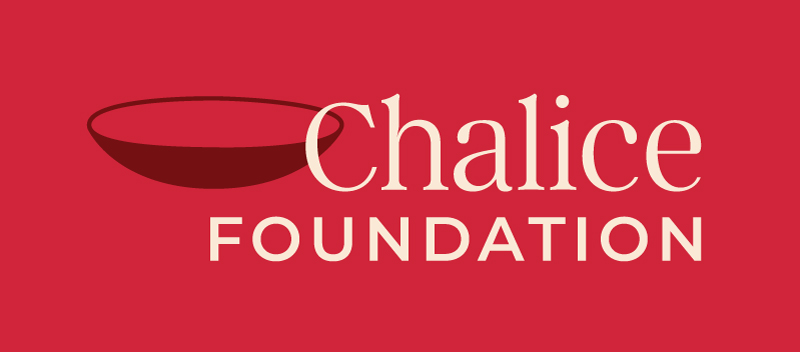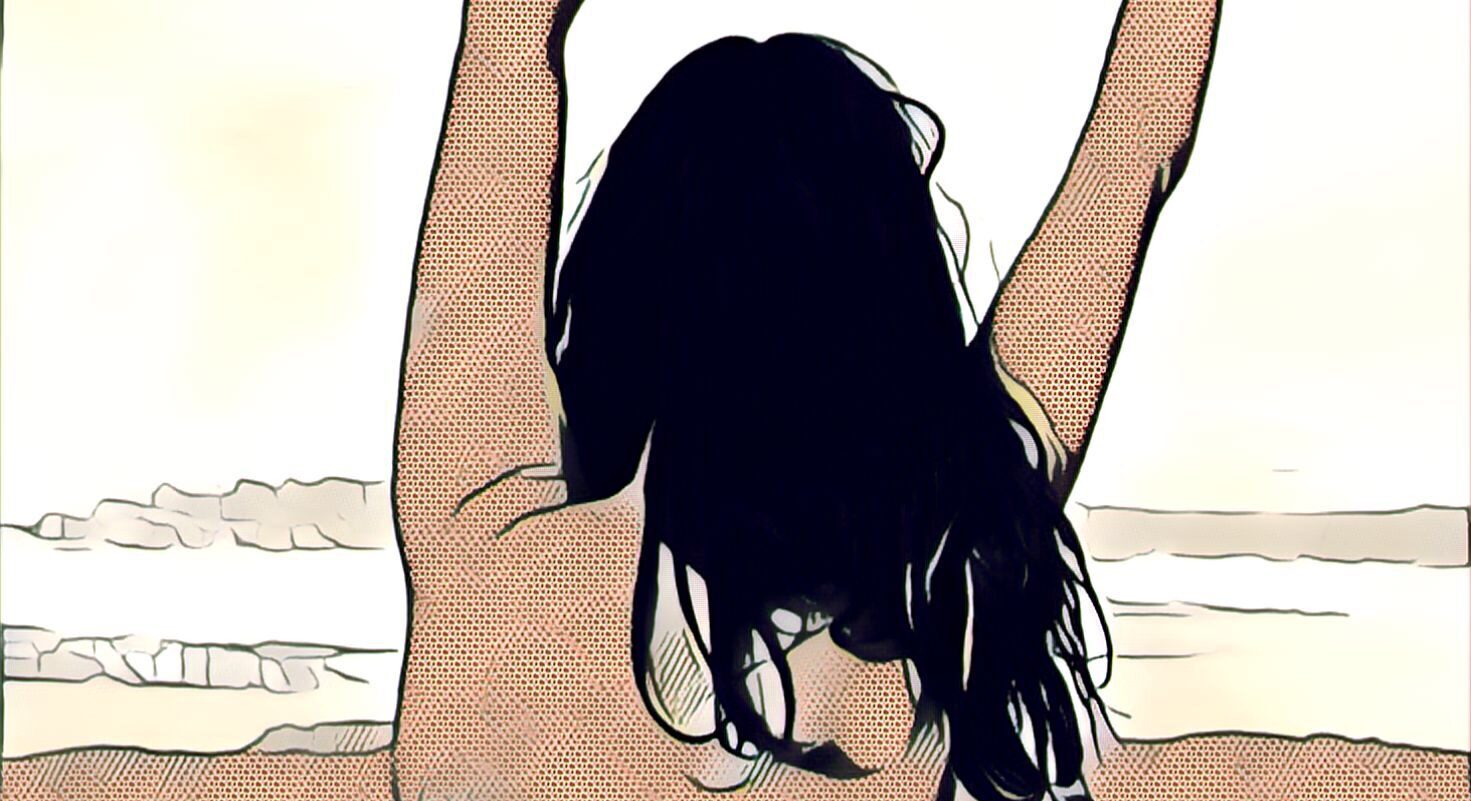Many women dread their monthly bleed or ignore it as far as possible, then battle exhaustion and plummeting mood when it’s due. For others pain and heavy bleeding wreck their plans for days every month.
While specialist health practitioner support and specific therapies can be a great help for individuals with their own health and menstrual challenges, the following self-care tips offer everyone simple ways to improve their experience of periods.
Rest
You may not be able to stop everything for a week every month, but even in the busiest of lives some different behaviours can allow for a slower pace or more spaciousness. We know that even while we’re spending more time at home in response to Covid-19, for many women this doesn’t mean being any less busy. Often moreso.
What’s one thing you could do differently? What can you put off until next week? Can you relax your standards to basic and simple for a few days?
Give yourself permission to drop a few balls, go at the pace of your body, go to bed earlier, do something creative or in nature (if possible), just because it feels good.
2020 could be a great time to do that! You can check out our blog Bleeding From Home as well.
Words
What’s your menstrual mindset? Does it allow for kindness and compassion toward yourself if your experience of your period is less than optimal? Make a simple note of how you think and feel about your period and menstrual cycle for a month or so and then consider if the words you use allow for self-care, and discovering and unfolding a new experience.
Language is powerful so if you’re after better periods play with new words to describe how you would like this to be. Supported? Nourished? Relaxed? Inspired? Connected?
Curiosity
Pay a little extra attention to learn more about your own menstrual cycle. For instance, note symptoms on an app, journal your mood through the month or learn more about your cyclic biology: what role does each hormone play? Why do we menstruate? Look up the photography of Lennart Nilsson for beautiful images of a mature egg at the point of ovulation, waving fimbrae at the end of a fallopian tube, and more.
Reflect on the nature of cycles – like the seasons, the day-night cycle, the lunar cycle, the breath – and how the rhythmic qualities of these can also be found in the menstrual cycle. How might this perspective help you find the natural qualities, strengths and rhythm of your own cycle?
Eat
Our understanding of food sensitivities and allergies is growing year by year, to the relief of multitudes. In many instances symptoms of these are exacerbated before and during menstruation for those who cycle, and discovering and attending to food sensitivities can certainly help.
More generally, a delicious, colourful diet rich in fresh vegetables and fruit, good oils, legumes, nuts, and other quality protein, like fish, is brilliant for all kinds of menstrual problems, including acne, pain, depression and bloating. Reducing or eliminating coffee and sugar (sorry!) can also make a big difference to your menstrual experience, especially after ovulation until after menstruation. That said a little good quality dark chocolate can do wonders for cramps and mood — definitely worth keeping a medicinal dose on hand!
Move
What kind of movement can help you have happier periods, and what kind can make them worse? While individual preferences and experience certainly play a part, research suggests the following principles. Strong abdominal workouts while menstruating can increase cramping and menstrual difficulties. A few simple yoga poses can make a world of difference – try this video Yoga Poses for Menstrual Cramps or see Yoga and the Menstrual Cycle by Sue Blanch. If you’re into serious training, consider lighter exercise during your period – mixing it up can actually improve your overall performance.
If none of that is your thing, just know that regular enjoyable movement throughout your cycle can significantly reduce menstrual problems, and a walk in nature on the days of your bleed, when you can, will lighten your load and lift your spirits.
Orgasm
If you’re up for partner or solo sex during your period orgasms can be great for reducing cramps and lifting mood, thanks to the natural endorphins and oxytocin released by your body. A leisurely, loving cuddle can provide a good hormone boost too. However you may need to delay the partner aspect of this type during this time of social distancing, while following official medical advice for health and safety. 🙁
Protection
If it’s been a while since you’ve reviewed your menstrual product preferences there are some great newish options that many women swear have made their periods easier and more enjoyable, not to mention cheaper. These include menstrual cups, period underwear and cloth pads. All of which also help reduce waste.
Support
Think about what doable help from your partner, your children, your work colleagues and your friends would make a difference to your menstrual experience. If this feels like a big ask, start small. Can you change some practical expectations and logistics? Can you prepare before your period starts? What about professional support? Have you put off getting help or don’t know who to ask? Do you wonder what’s normal in period pain or volume of blood? Do you feel anxious at the thought of talking about this very personal experience? Make a plan and take small steps. It may be that during this time of social distancing you have a little more space and time to explore your menstrual needs.
Practice these tips for a month or two and see what changes. Then choose someone you trust to share your experiences and discoveries with. Notice how this feels and whether positive connection and more ideas flow from sharing and communicating about periods.
If you’d like to see more blogs from the Chalice Foundation sign up for The Leak below.

Jane Bennett
Jane Bennett is the founder of the Chalice Foundation and a social worker, researcher, writer and educator with nearly 40 years in practice. After experiencing the revelations of Natural Fertility Management in the mid-1980s Jane began working as a Natural Fertility Management counsellor, then trainer and later authoring The Natural Fertility Management Kits with Francesca Naish. Jane launched Celebration Day for Girls in 2000, Cool on the Inside in 2002, Fathers Celebrating Daughters in 2004 and Mense-Ed in 2016. Jane co-created The Rite Journey girl’s Year 9 program, and continue’s her long-standing role with Natural Fertility Management. Jane is the author of A Blessing Not a Curse and Girltopia, and co-author of About Bloody Time – The Menstrual Revolution We Have to Have, Woman Wise Conversation Cards, The Complete Guide to Optimum Conception, The Natural Fertility Management Contraception Kit and The Pill – Are You Sure It’s for You?, and is eternally passionate about nourishing healthy curiosity and best-practice self-care for women and girls.


